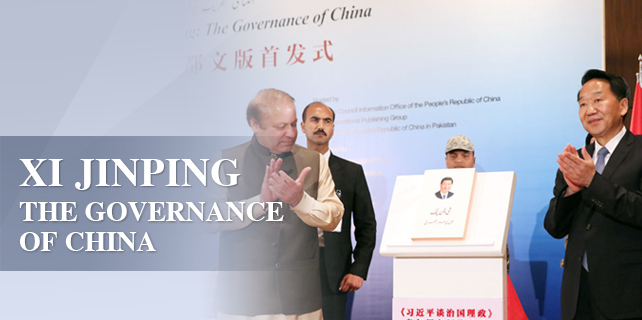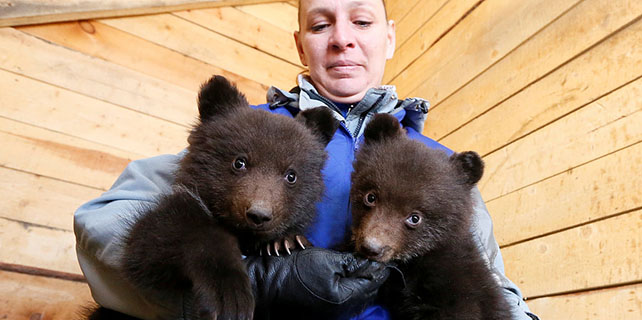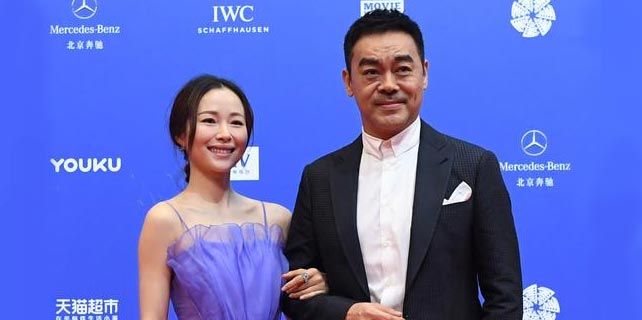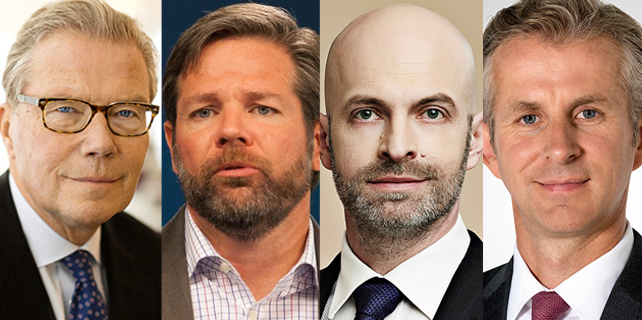Electric eclectic
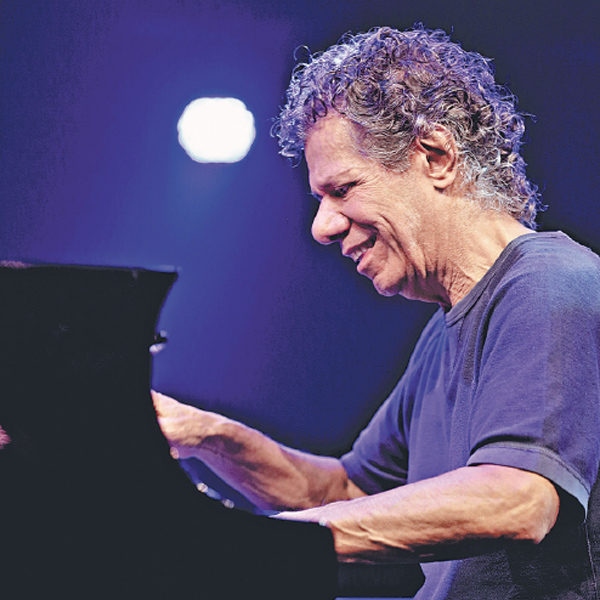 |
|
The famed pianist and icon of jazz Chick Corea discusses his lifelong love of music. [Photo provided to China Daily.] |
World-renowned jazz pianist Chick Corea brings his Elektric Band to South Korea, Japan and Hong Kong - its first Asian tour in 12 years. In this exclusive interview, the 22-time Grammy winner discusses the driving forces that have made him one of the most influential jazz figures of the past 50 years and gives us a taste of what's yet to come
You've described the Elektric Band's Asian tour as both a reunion and a "creation". What makes this band so special?
The five of us have had a lot of shared, beautiful experiences through all the tours and recordings we made. It made us a real, true group and it's always a joy to create together. This particular group has survived longer than any other band I've had.
You just turned 75 and celebrated with a series of concerts in New York. You've been innovating and seeking new musical horizons for almost 50 years. Where does the endless creativity come from?
Well, the urge to want to create and make music is a very subtle but powerful thing - and difficult to describe. Ultimately, the source of any creativity is oneself. I have always tried to pursue the musical projects that hold real interest to me and pursue them against all odds. It's a wonderful challenge and makes life a real adventure.
You started playing at a very young age - can you remember your initial feelings when you discovered music and can you explain what it has brought to your life over the years?
I never gave it a second thought. It's always been my main interest. I do love the other art forms - they all take persistence and dedication to become good at - well, anything does. But yes, it was always music.
Could you explain how important classical music was to your musical development, and in what way it has influenced your jazz composition and playing?
At a young age, I was pretty monofocused on jazz - I hardly listened to any other kind of music. But midway through high school, I discovered the music of Béla Bartók and Igor Stravinsky.
That began my intense interest in composition and what one can do with the writing of music applied to various instrumentations. We had such a great tradition of composition in classical music over these past three or four centuries. We're a culture rich in art.
How would you define improvisation and can you explain your approach to it?
I believe trying to define improvisation tends to be a losing battle; it's like trying to define "creativity". The best answer is the demonstration of it - and we can observe this in our great artists.
What's the key to great musical collaboration, both in the studio and in concert?
Well, I don't think there's any one "key". It's really a combination of a lot of things based on admiration and a mutual desire to share one another's art.







